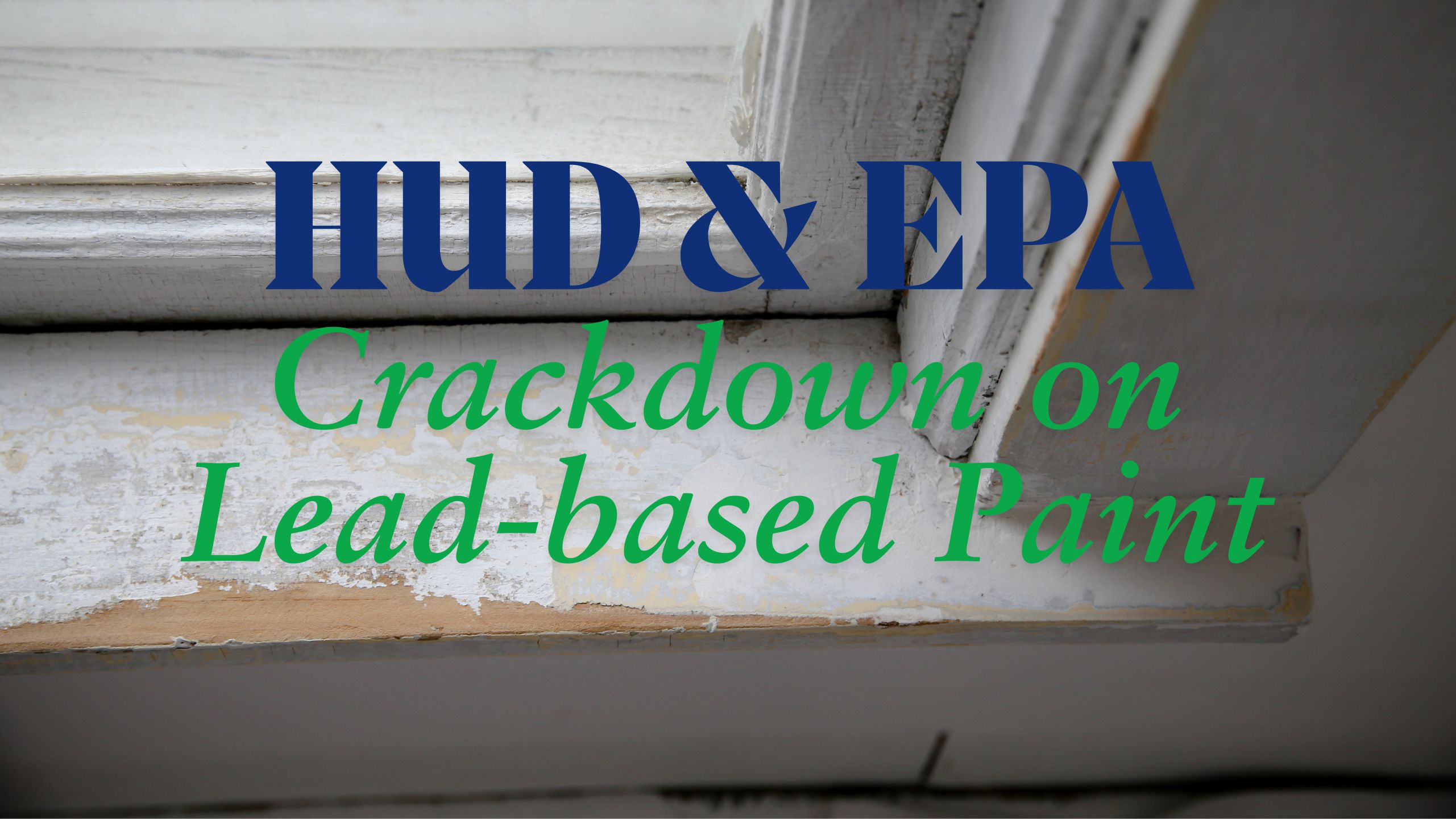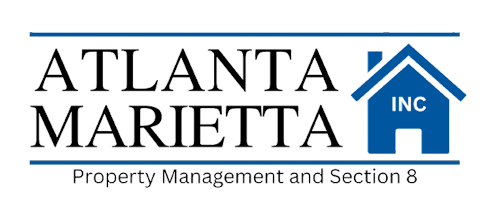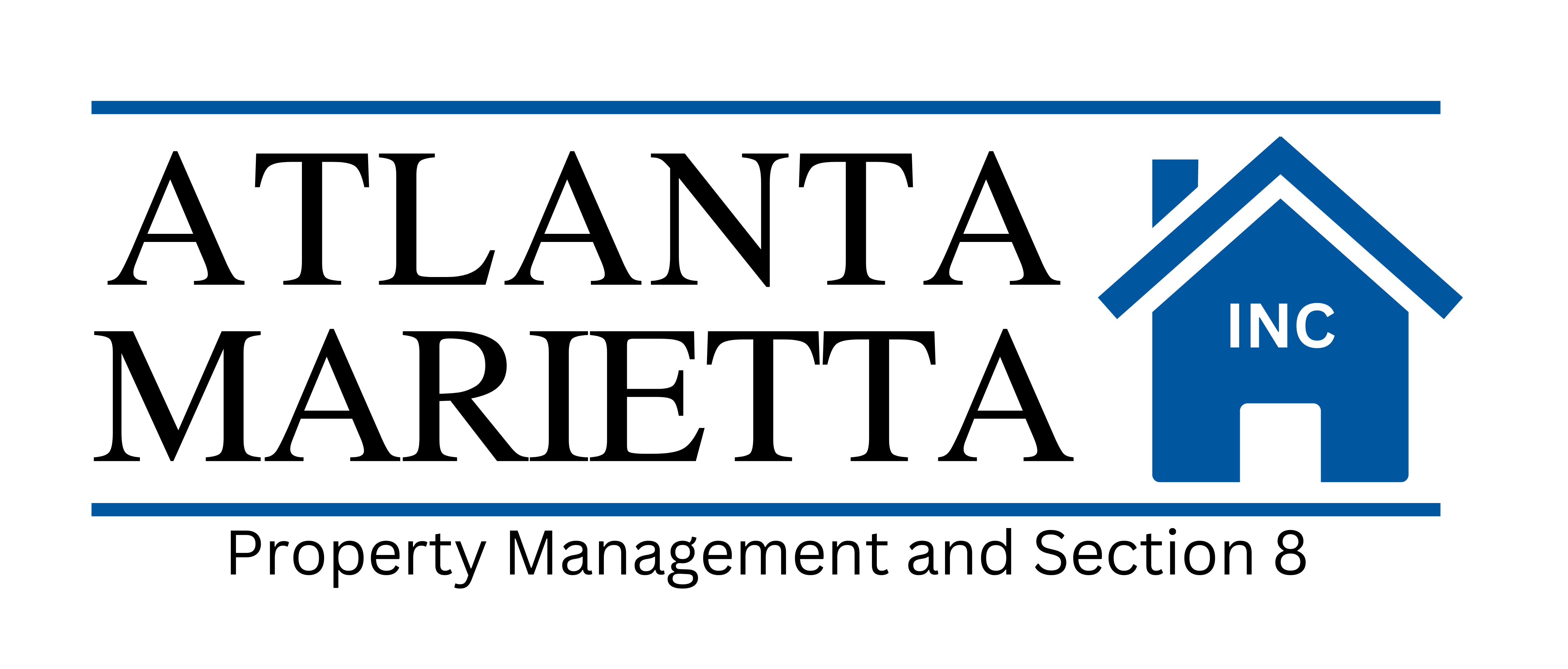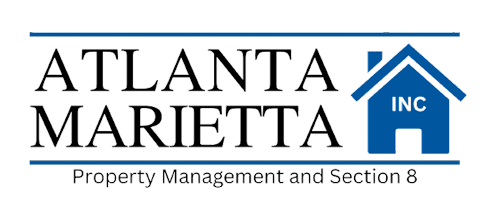
Surprise Inspections • Hefty Fines • New Certification Requirements
Federal regulators are stepping up enforcement to protect residents—especially children—from the dangers of lead-based paint. In Atlanta, the U.S. Department of Housing and Urban Development (HUD) and the Environmental Protection Agency (EPA) are now conducting surprise inspections on older homes and rental properties, leaving many property owners unprepared.
With fines reaching tens of thousands of dollars and new certification requirements for property managers, owners of homes built before 1978 must act now to protect their properties, tenants, and finances.
Real Stories from Atlanta Homeowners
1. Mrs. Thompson – Surprise Inspection, Big Costs
When HUD and EPA inspectors showed up unannounced at Mrs. Thompson’s 1940s bungalow near Grant Park, deteriorating paint around the windows triggered a full lead inspection. The test revealed hazardous lead levels, forcing her to pay for a professional risk assessment and mandatory abatement plan. While she avoided fines, the unexpected cleanup costs totaled thousands of dollars she hadn’t budgeted for.
2. Mr. Garcia – A DIY Test Gone Wrong
Mr. Garcia purchased a 1950s fixer-upper in Atlanta’s West End and relied on a cheap DIY lead test kit that incorrectly showed no hazards. During a surprise EPA inspection, officials found dangerous lead dust and peeling paint.
Because he had already started renovations without EPA-certified contractors, he violated the Renovation, Repair, and Painting (RRP) Rule. His penalty? A fine of up to $39,000, plus the cost of hiring EPA-certified contractors to remediate the property properly.
3. Ms. Patel – Proactive Testing Pays Off
Before listing her Cabbagetown rental, Ms. Patel took a proactive approach. She hired an EPA-certified lead inspector for a complete surface-by-surface test. Her property came back lead-free, allowing her to:
- Exempt her home from HUD’s Lead-Safe Housing Rule
- Avoid surprise inspections
- Market her property more effectively to safety-conscious tenants
This small upfront investment saved Ms. Patel thousands of dollars and gave her peace of mind.
Why Acting Now Matters
Fines and penalties for noncompliance are severe, even for small landlords and property managers:
| Violation | Penalty |
|---|---|
| Failure to disclose lead hazards | Up to $21,000 per violation |
| Improper renovations (RRP Rule) | $39,000+ for uncertified contractors |
| Property manager violations | $4,250 fines plus abatement costs exceeding $38,000 |
What Atlanta Property Owners Should Do
If you own a property built before 1978, you can protect your investment and avoid surprise fines by taking these steps:
1. Get Your Property Tested
- Hire an EPA-certified inspector for a comprehensive lead-based paint risk assessment.
- Typical cost: $250 to $450 per property.
- If your home tests lead-free, it may be exempt from HUD’s Lead-Safe Housing Rule, and you’ll be far less likely to face surprise inspections.
2. If Your Property Tests Positive
- A risk assessment will determine where hazards exist ($300–$600).
Remediation costs vary:
Interim controls (sealing, stabilizing, cleaning): $1,000–$3,500
Full abatement (removing or replacing lead components): $5,000–$15,000+
Always use EPA-certified contractors — failing to do so can lead to fines up to $39,000 per violation.
3. Partner with a Professional Property Manager
Navigating HUD and EPA compliance can be complicated, but you don’t have to handle it alone. A qualified property manager can:
- Schedule certified inspections on your behalf
- Coordinate with EPA-approved contractors if remediation is needed
- Manage compliance, documentation, and reporting to protect your property and finances
Take Action Now
Surprise HUD and EPA inspections are happening right now in Atlanta. Don’t wait until an inspector shows up at your door. Being proactive today can save you thousands of dollars, protect your tenants, and keep your property marketable.
📞 Call us at (404) 692-3543
📧 Email Kathy at mgmt@atlantamarietta.com












